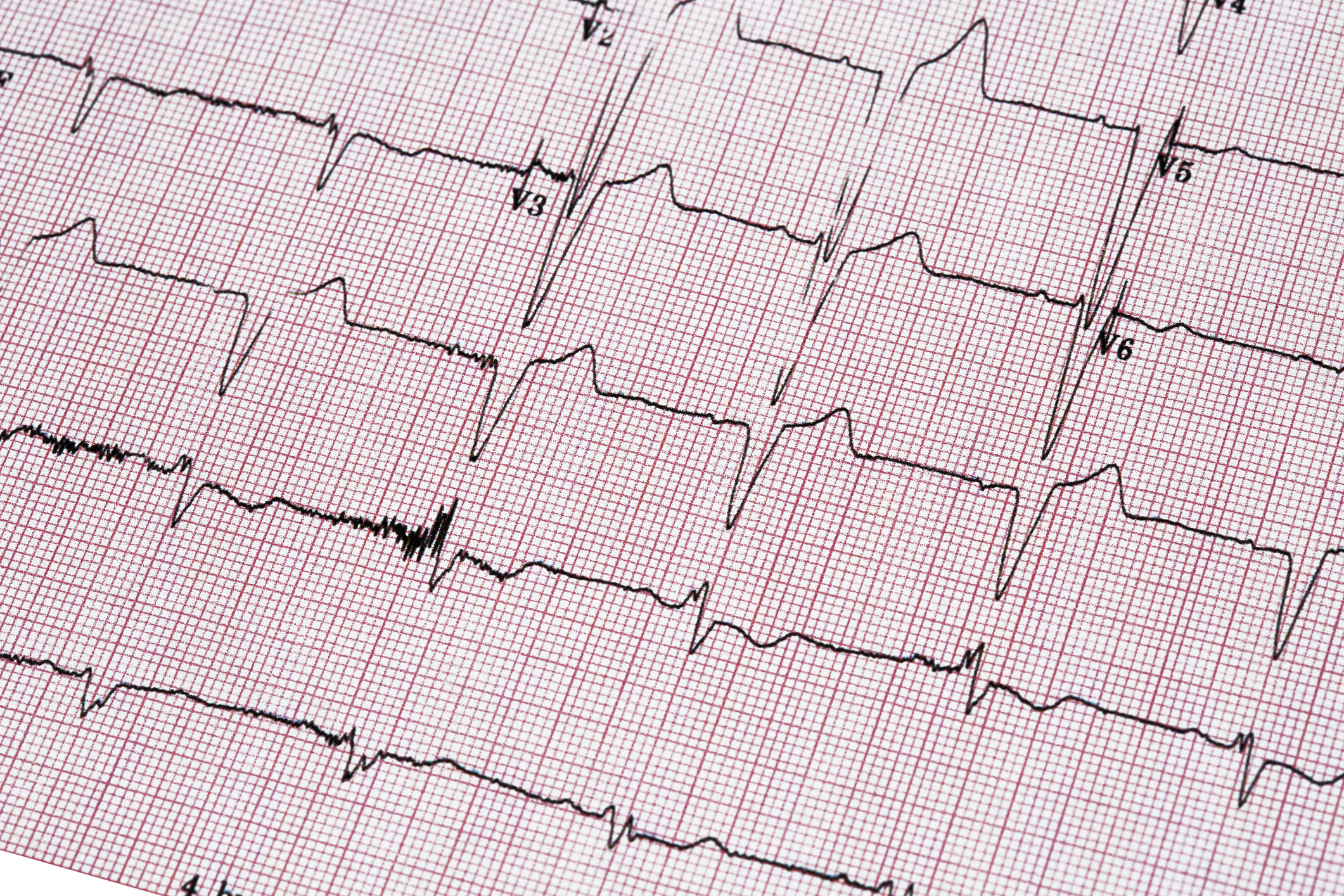Get Easy Health Digest™ in your inbox and don’t miss a thing when you subscribe today. Plus, get the free bonus report, Mother Nature’s Tips, Tricks and Remedies for Cholesterol, Blood Pressure & Blood Sugar as my way of saying welcome to the community!
Three ways diabetes can cause Afib

Diabetes and atrial fibrillation (the most common type of heart arrhythmia, a condition where the heart beats too fast, too slow, or irregularly) are two seemingly unrelated conditions, but each can have the same outcome…
Type 2 diabetes raises risks for developing other chronic conditions, like heart disease, kidney disease and high blood pressure, which in turn raises the risk of premature death.
And Afib, while not life-threatening on its own, causes sudden heart attacks and strokes, which are often fatal. It’s been estimated that 65 percent of people with diabetes will die from some form of heart disease or stroke.
A connection was made between these two conditions decades ago… but until recently, medicine has ignored this connection, and it may have cost people their lives…
The connection between diabetes and heart arrhythmia
Almost thirty years ago, data from the Framingham Heart Study showed that people with diabetes are at increased risk for Afib, and recently the connection has gotten renewed attention.
“There’s a super long list of things that can promote or trigger or cause Afib, and one of the big ones is diabetes,” says Dr. Jonathan Piccini, a cardiologist and arrhythmia specialist at Duke University Medical Center, whose work in the Journal of the American College of Cardiology has examined the link between the two conditions.
In fact, people with type 2 diabetes are 34 percent more likely to develop Afib than those without the condition.
Dr. Jennifer Green, a diabetes and metabolism specialist at Duke, says there are several possible explanations for this…
One involves a compound known as advanced glycation end products (AGEs), elevated levels of which begin to climb when blood sugar combines with proteins or fats in the bloodstream. These compounds:
- Lead to increased oxidative damage, cellular degeneration and chronic inflammation. All of this causes organ damage, including the kind of damage to the heart that could result in arrhythmias like Afib.
- Have been linked to chronic diseases like Alzheimer’s, cardiovascular disease, cancer and, most recently, prediabetes, diabetes and fracture risk.
Another is how diabetes contributes to hypertension, which may damage the heart in ways that cause arrhythmia. “Diabetes affects the blood vessels in ways that make them stiffer and that makes blood pressure rise,” says Dr. Mattias Brunström, a hypertension specialist and physician-researcher at Umeå University in Sweden. This is compelling because:
- About two-thirds of adults with diabetes also have hypertension.
- People with hypertension are almost twice as likely to develop Afib.
And lastly, a third hypothesis involves diabetes-related inflammation. According to Dr. Green, “In people with diabetes, there are both systemic and localized increases in inflammation that, if severe enough and prolonged enough, could increase the risk of arrhythmia.”
Reducing the risk of Afib
The ultimate goal of anyone diagnosed with diabetes, if not to reverse it, is to keep it well-managed.
“For anyone with diabetes, the goal is good glycemic control,” says Dr. Piccini. “It’s not clear whether we should be treating them any differently in order to prevent an arrhythmia.”
However, they say there are newer classes of diabetes drugs that may help reduce the risk of developing an arrhythmia including SGLT2 inhibitors and a drug called finerenone that helps counteract damaging inflammation. Other drugs are aimed at reducing the risks of heart complications in diabetics.
But according to Dr. Green, “A lot of what’s been published already are analyses of observational data, so looking at outcomes among people receiving the drugs and seeing how they do,” she says. “That information can be helpful, but we need randomized controlled trials to see if these drugs really do reduce risks.”
Until then it may be wise for anyone with type 2 diabetes to talk with their doctor about their heart health concerns. Depending on the status of your health, a doctor may deem it necessary to give these medications a try regardless of a lack of conclusive data Dr. Green would like to see.
However, staying on top of — or improving diet — and consistently exercising are “treatments” available to anyone right now. Certain supplements have also been shown to have benefits for people struggling with their blood sugar-related problems.
Vitamin D, for one, has been shown to not only reduce the risk of developing diabetes but was also found to reduce the risk of developing Afib in a Finish study that ran from 2014 to 2018.
Nitric oxide, a natural vasodilator produced in the body, has shown promising for cardiometabolic syndrome which includes hypertension, insulin resistance and weight problems.
If you have diabetes, and even if it’s well-managed, pay attention to your heart. Let your doctor know at the first sign, whether you think it may be an innocent palpitation or Afib.
Editor’s note: Are you feeling unusually tired? You may think this is normal aging, but the problem could be your master hormone. When it’s not working, your risk of age-related diseases skyrockets. To reset what many call “the trigger for all disease” and live better, longer, click here to discover The Insulin Factor: How to Repair Your Body’s Master Controller and Conquer Chronic Disease!
Sources:
The Connection Between Diabetes and Heart Arrhythmias — Time
Atrial Fibrillation and Diabetes Mellitus: JACC Review Topic of the Week — Journal of the American College of Cardiology
Heart disease and diabetes — Web MD
Diabetes Medications That Treat Heart Disease, Too — Johns Hopkins Medicine














